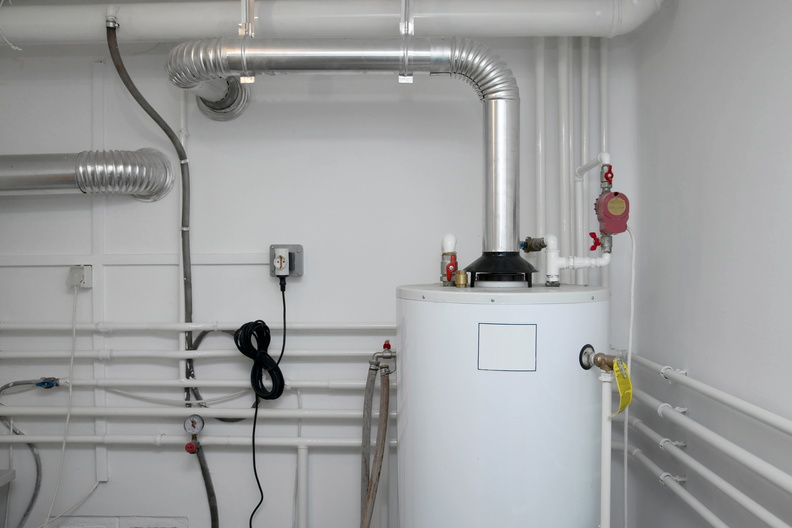If you have a boiler to heat your home, you know that it comes with a lot of benefits. Boilers are very low maintenance and can last for 20 to 30 years, if not longer. But that doesn’t mean your boiler won’t need a repair here or there.
If you understand the signs of boiler problems to watch out for, you can stay ahead of boiler problems before they get too significant. Even though boilers don’t need as many repairs as a furnace or heat pump, you may still need to invest in boiler service in Essex, VT at some point over its lifespan.
Boiler Leaks
Your boiler works by heating up water and then transferring that water to various areas of your home where you have radiators. Then those radiators do you just like the name implies – they radiate heat to keep your home warm in the winter. The system is supposed to be completely airtight so that oxygen cannot get in and lead to corrosion.
If the inside of the tank begins to oxidize and corrode, it can rust quickly and deteriorate much sooner than the expected lifespan. Noticing a leak means that oxygen is getting into the system. Leaks need to be sealed, lost water needs to be replaced, and the inside of the boiler tank may need to be checked for corrosion.
Changes in Water Pressure
If the water pressure inside your boiler begins to decrease or increase, your boiler may begin making rumbling noises. When this happens, it is probably overheating. If your boiler gets too hot, the inside of the system can take on a lot of damage. An expert needs to investigate to fix the water pressure and heating problems.
Boiler Corrosion
Rust inside your boiler can spread very quickly. Most of the time a rusted boiler needs to be completely thrown out and replaced with a new one. But there are some cases where corrosion is limited to individual parts that you can replace. An example of this is the heat exchanger. If rust is exclusive to that single part, our team can replace it, and potentially save the rest of your system. Either way, it’s important to get potential corrosion inspected by a professional.
Sediment Buildup
If you have hard water in your home, your boiler is going to be more prone to sediment buildup and limescale. Most of the time these settle toward the bottom of your boiler tank. Minerals can block the heating elements so that they can’t heat the water inside your boiler effectively.
This can reduce the overall heat in your home, while also increasing your energy bill. Your boiler will try to work against the lack of heat and get hotter to make up for mineral blockage. The good news is it is easier to flush the tank, but you may have to invest in the service annually to maintain your boiler.
Red Rock Mechanical, LLC serves Northwest Vermont and Northeast New York. Schedule a plumbing service with us today.








